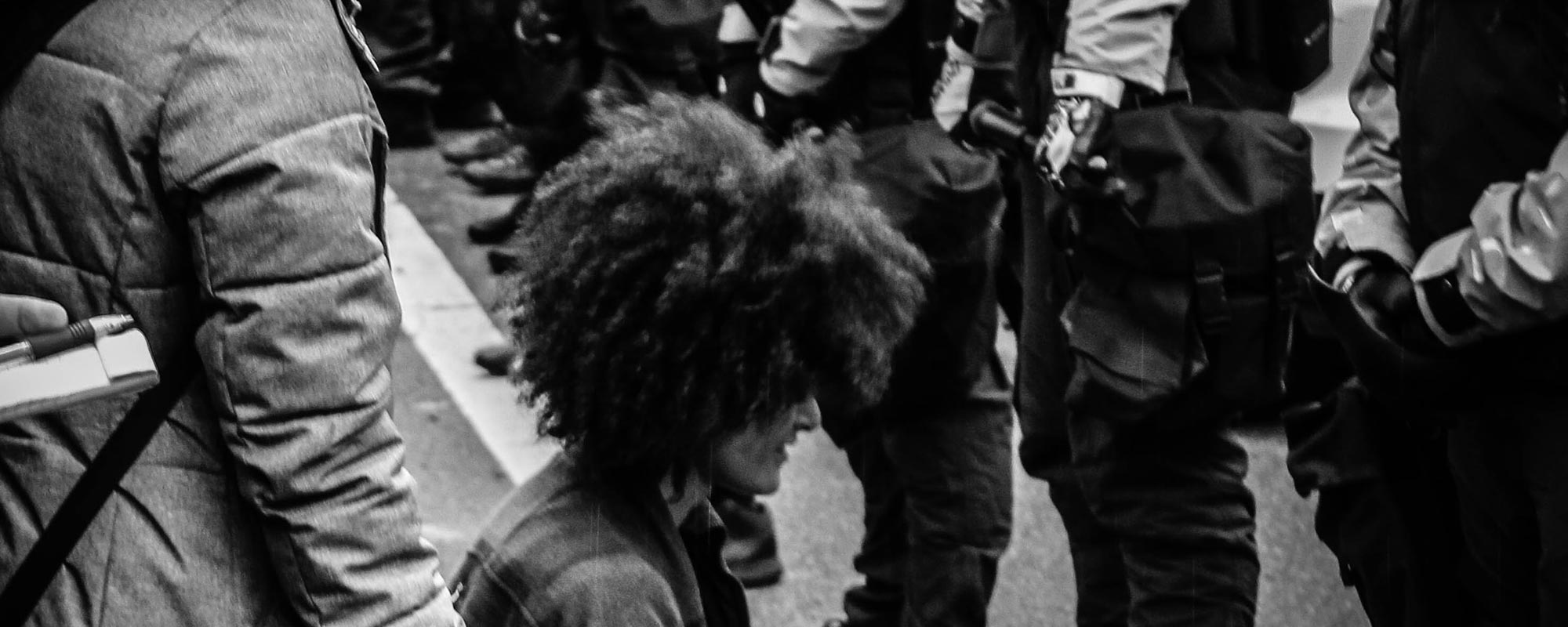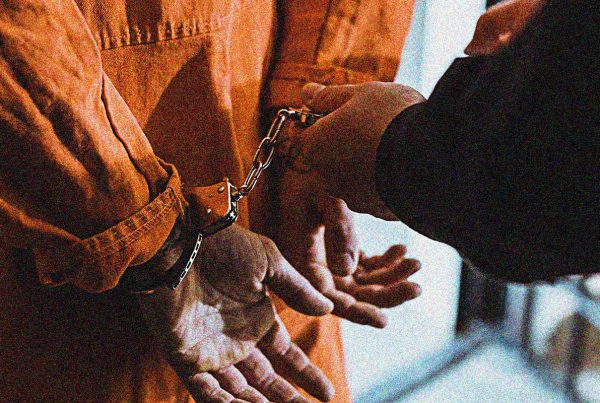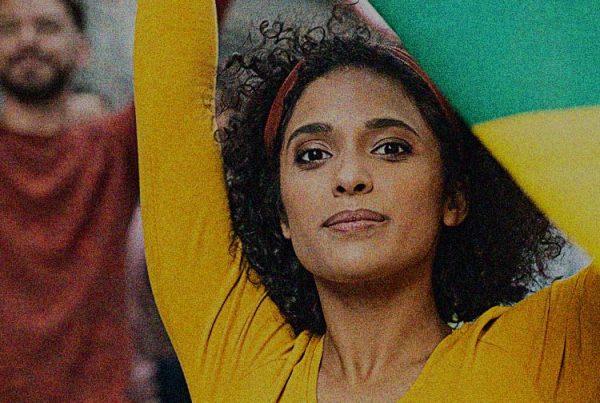New international report makes recommendations on how the rights to protest can be protected and promoted by governments.
(27 June 2018 — Geneva, Switzerland) The International Network of Civil Liberties Organizations (INCLO) and the International Human Rights Clinic at the University of Chicago Law School (IHRC) launched a report today that provides practical guidance on how law enforcement can protect human rights when policing protests.
Defending Dissent: Towards State Practices that Protect and Promote the Rights to Protest aims to bridge the divide between principles and practice. It offers concrete examples and analysis of existing laws, institutional mechanisms and processes, and deployment tactics that work to promote or, in some cases, undermine, protests and public assemblies. The report relies on interviews with policing experts in eight countries, and the expertise of INCLO member organizations engaged in advocacy on human rights and policing.
The publication highlights general principles, tactics and strategies through case studies of successful (and less successful) policing approaches gathered from countries around the world.
The report and its recommendations are organized around three themes: preventive measures and institutional design, tactics and the use of force, and accountability and oversight. Within these themes, the report identifies 12 core principles and 33 good practices essential for their realization.
The report offers authorities a toolkit to evaluate their existing policies, practices, and institutional mechanisms. It provides a detailed discussion on how to implement legal principles and signals the potential challenges that can be encountered in this process.
Protest and public gatherings are the only tools people have to express their grievances and to seek political, social and economic reform. Public protest and speech are quintessential to a free society, yet state policing institutions treat these as national threats, resorting to arbitrary, excessive and discriminatory force.
INCLO and IHRC report promotes an open, practical, and well-informed dialogue between states, policing institutions, civil society, human rights defenders and other stakeholders on human rights compliant policing.
INCLO is a coalition of national, human rights organizations from the North and South that act jointly to influence discussions on standard-setting and raise awareness on the proper management of assemblies.
International Human Rights Clinic at the University of Chicago Law School is a practice-based legal course for graduate students in law that represents clients and partners with organizations on human rights law related advocacy and research.
Quotes
“Freedom of expression and assembly are the bedrock of democracy, and there are international legal standards that safeguard these rights. However, there is an absence of research and direction from a human rights perspective that provides practical guidance for the implementation and application by the state and its policing institutions of these international standards. This report aims to fill that void,” says Rob De Luca from Canadian Civil Liberties Association (CCLA), one of the main authors of the report.
“This report provides an important tool for the work of national human rights organizations. It also brings in the global perspective to the global debate and it shows that the standards for which we fight are possible and have an empirical foundation,” says Marcela Perelman, one of the main authors of the report from the Center for Legal and Social Studies (CELS) in Argentina.
“Our hope is that the report will foster real—and much needed—dialogue between police and civil society by identifying concrete ways in which public speech and assembly can be, and sometimes are, protected by police departments. We hope to contribute to a better understanding of how the state and its security institutions should be ensuring access to this fundamental democratic right,” says the IHRC Director, Claudia Flores.
Downloads
Contact
Lucila Santos — INCLO’s Program Director — lsantos@inclo.net
Claudia Flores — IHRC’s Director — cmflores@uchicago.edu
About the Canadian Civil Liberties Association
The CCLA is an independent, non-profit organization with supporters from across the country. Founded in 1964, the CCLA is a national human rights organization committed to defending the rights, dignity, safety, and freedoms of all people in Canada.
For the Media
For further comments, please contact us at media@ccla.org.





